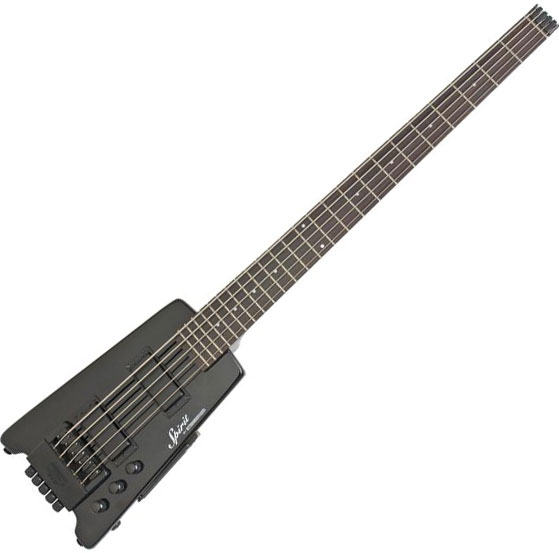Well, this is certainly a kind of distortion, but not the kind you get with a fuzz pedal. Fuzz and distortion pedals are characterised by sharp transistor clipping.
Rather, the kind of distortion that you hear on old, loud records such as fire comes usually from tube amps that weren't originally meant to sound much distorted at all, but were just taken to their limits. When tubes go into saturation, they produce much “softer”, subtler clipping, and retain more of the dynamic content (while still compressing the peak range quite a lot – so you can simply get the the bass louder in the mix than possible without compression).
That's not all, though. If you play a dull jazz bass with flatwound strings through a fully-blown Ampeg head, the result won't be so much growl as flatulence. IMO, for a real good growl, you need quite a powerful midrange even in the clean bass signal. I.e. relatively bright strings and powerful playing, so the strings rattle a bit on the fretboard. That also gives some serious treble content, which will otherwise get rather lost in the flood of low-midrange from the overdrive.
(It also helps with a particular problem: inharmonicity, which is by nature strong in thick bass strings. With a clean amp, this merely adds a particular character which isn't necessarily bad, but if you later distort it, in particular on soft amp distortion, then the string's harmonics aren't quite in line with the artificial harmonics from distortion. That makes the sound pretty muddy. But when the strings rattle on the fretboard, this surpresses inharmonicity in a way similar to how a violin bow does.)
The downside to such a “power-pluck” sound in itself is that it's pretty transient-heavy without a whole lot of tone, and without “enduring strength”. That can work out ok for a funky slap bass in a large band context, but in a small rock band you'll typically want a bit more body, and that's precisely what the tube overdrive offers. It can also be achieved with compressors, but those don't add the extra growl!
As already mentioned, the fingerboard rattling works out differently and, in a sense, more effective on fretless instruments, in particular standup bass. Without frets, you get not such a short, snappy clash when taking the string's space to its limit, but a more levelled crunch – in essence a lower-pitched version of what goes on in a sitar bridge. Depending on the action, this will then work out to the characteristic fretless “mwah”, or something quite similar to tube-OD growl. Indeed, the growliest bass sound I know is the one I get from my fretless acoustic bass guitar (bright piëzo pickup, absurdly heavy strings, lots of force required to get decent direct sound), when I then also route it through a tube amp. I used it in this song.

